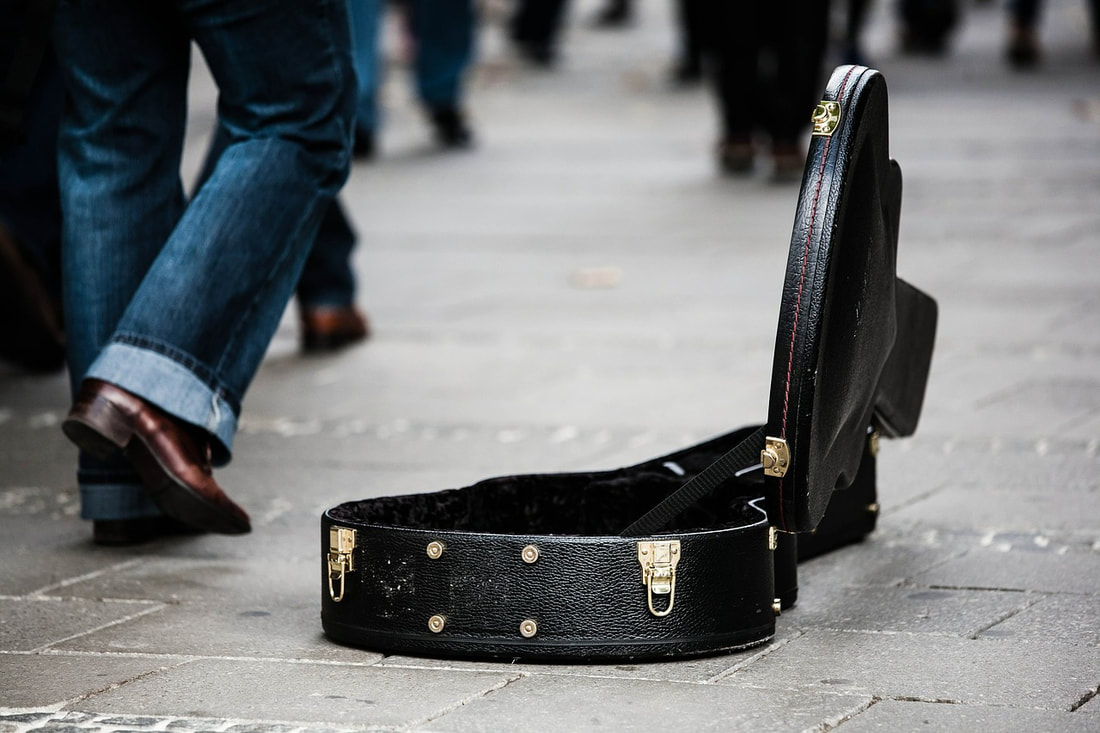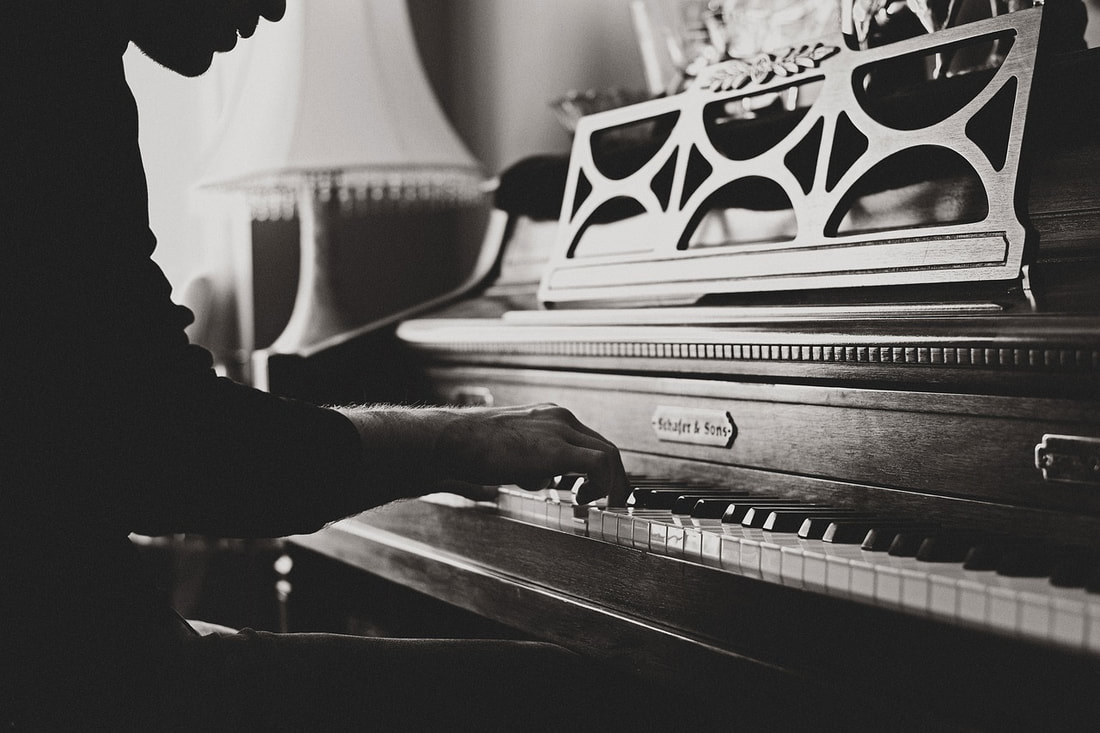|
While many people around the world will take music lessons at some point, far fewer pursue an instrument to the point of becoming highly proficient. Those who do choose to make music a significant part of their lives work hard to the meet their goal. Here are eight habits proficient musicians don’t do. 1. They don’t get discouraged easilyLearning to play a new instrument can leave people feeling frustrated when progress seems slow or a piece of music is particularly complicated. However, people who become proficient musicians always find a way to push through the difficulties that often accompany the process of mastering an instrument. Great musicians recognize that playing well requires determination, and they don’t give up on the art form when they encounter adversity, choosing instead to see it as an opportunity for growth. 2. They aren’t lazy about their approach to learning musicPeople who become great musicians know that proficiency does not come without hard work, and they don’t expect to find a shortcut to greatness. Proficient musicians recognize that plenty of practice is the only way that they can learn to play an instrument well, and they are purposeful when they go about it. To become a talented musician, great players set realistic, achievable goals for their practice sessions rather than lazily running through scales or idly playing through whole songs. 3. They don’t hate to practiceIn addition to practicing often and purposefully, the best musicians also find enjoyment in the process of practice. For great musicians, practice isn’t seen as a chore or merely another task to be completed, but instead as a positive, personal time that they are dedicating to an activity that they like. To be a truly brilliant player, a person must genuinely love the art of music, which makes practice less of a forced task and more of a pleasant, therapeutic one. 4. They don’t forget the importance of humilityNo matter how proficient great musicians become, they remember that there are always new things that they can learn from others. The best musicians recognize and respect that other musicians may have something to teach them, and they remain open to gaining new skills from players who are more experienced than they are or who play in a style that is different from their own. Humility is a crucial part of being a great musician, and those who remain humble about their abilities allow themselves to be open to the development of a more diverse set of musical skills. 5. They don’t see high-quality instruments as a wasteful investmentWhile beginning musicians can start out by practicing with an instrument of generic quality, musicians who become highly proficient recognize the benefits of investing in a high-quality instrument. Instruments that meet high standards hold tune better, are easier to play, and produce better sounds than their cheaper counterparts. Owning a quality instrument also allows a musician to perform to the best of his or her ability. Additionally, great musicians dedicate effort into the care and keeping of their instruments in order to keep them in prime playing condition. 6. They don’t try to replicate what others are doingGreat musicians don’t aspire to play exactly like everyone else. Instead, they develop their abilities well enough to discover their own unique style and aim to set themselves apart from others. Combining skill and creativity can yield the kind of music that people are enthusiastic about, and it allows a musician to take his or her work from uniformly good to outstanding. 7. They don’t take criticism personallyTo be a great musician, one must have a thick skin. The best players do not take constructive criticism personally and find value in the opinions and advice of professionals. Musicians who cannot handle criticism are limited to their own subjective view of their abilities, and will never be able to see their music from a well-rounded perspective. Rejecting constructive criticism can prevent musicians from improving their craft, something that the greatest players always strive to do. 8. They don’t take bad advice to heartJust as important as knowing when to listen to criticism is knowing when to ignore it. While some suggestions will have merit and allow a good musician to become even better, others rooted in personal opinions will do nothing to improve a musician’s abilities. Great musicians are masters of separating the good advice from the bad and ignoring critics who want to tear them down rather than build them up. The world would be missing the music of some of history’s most beloved performers if those who were rejected for their style, like Elvis Presley, Lady Gaga, and the Beatles, had simply given up.
Comments are closed.
|
Photo used under Creative Commons from Marina K Caprara



 RSS Feed
RSS Feed
